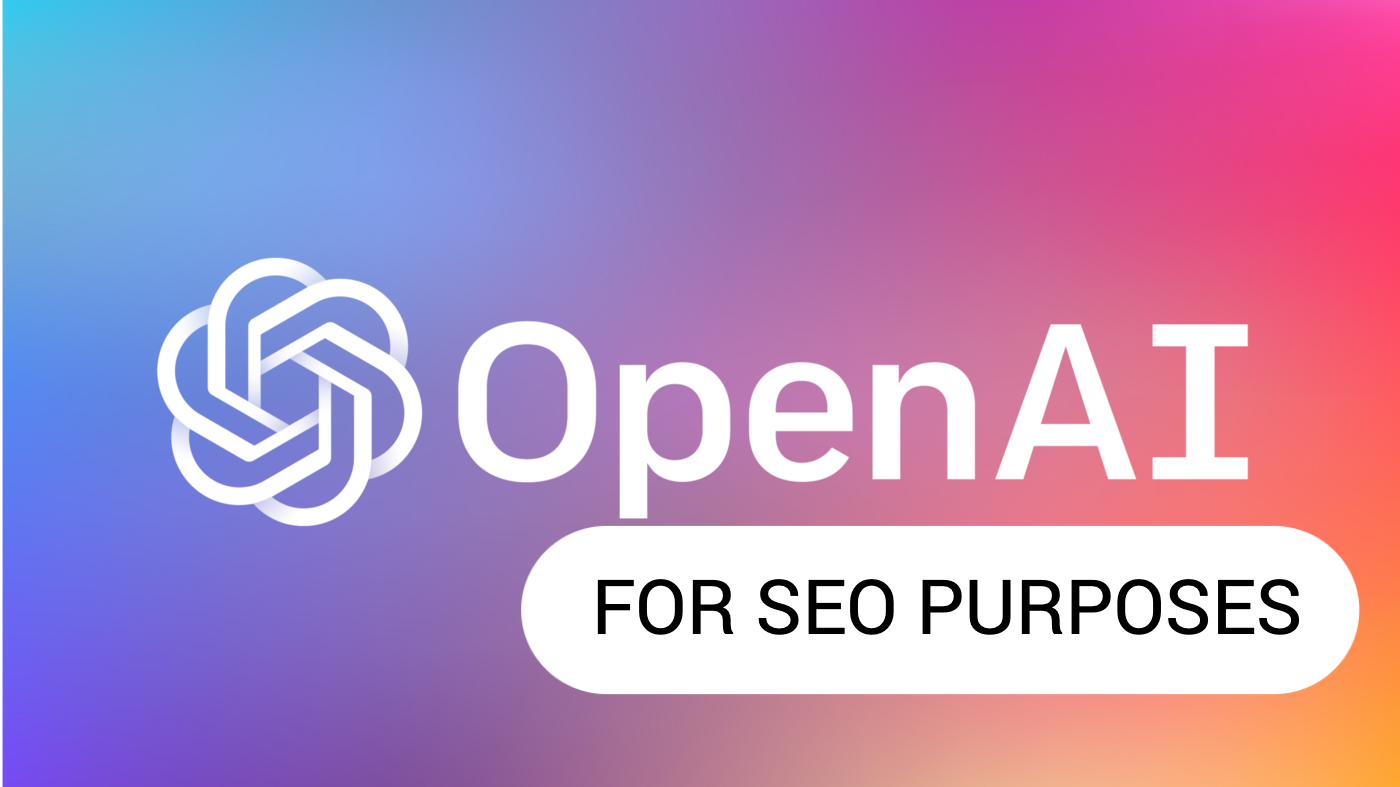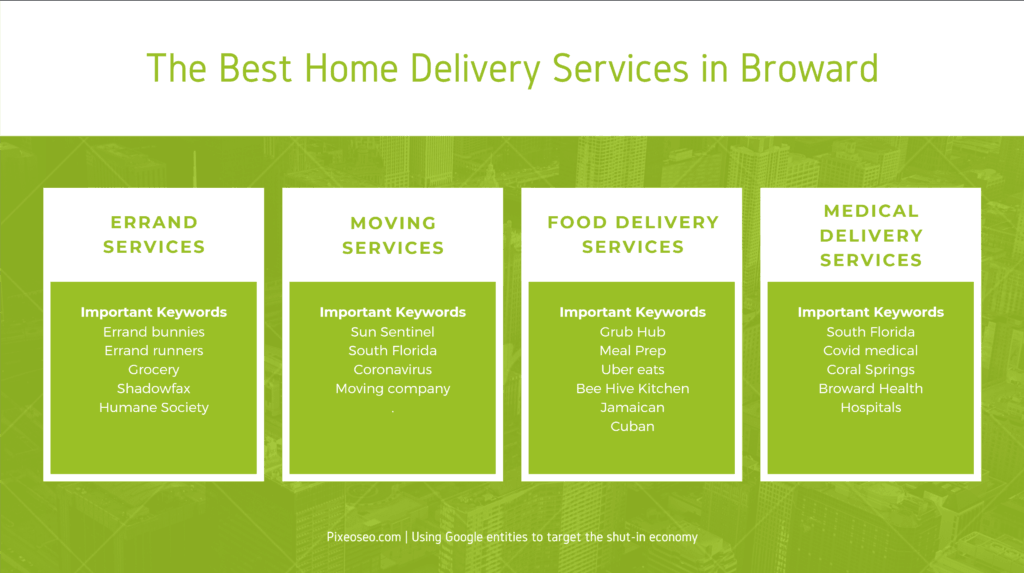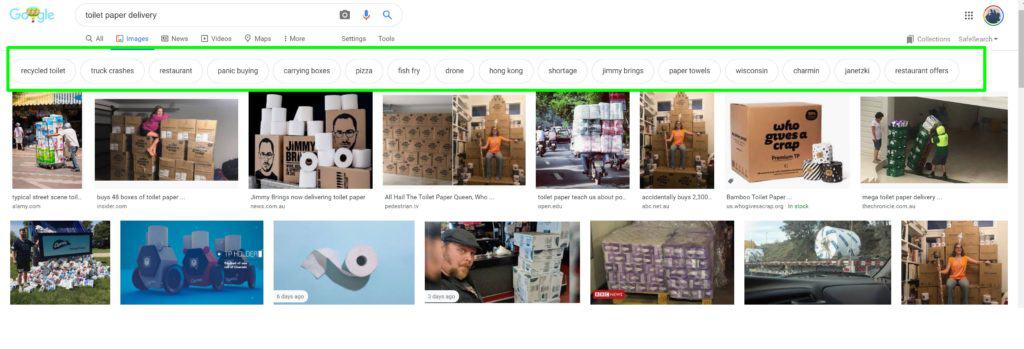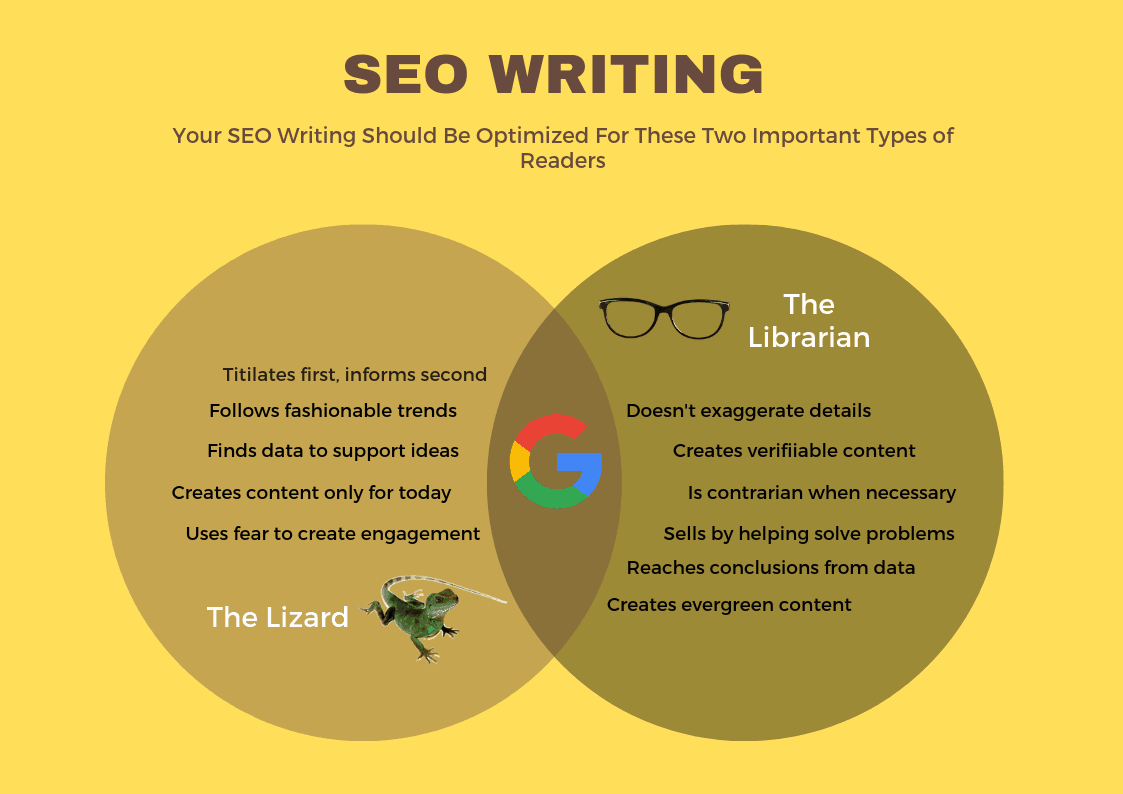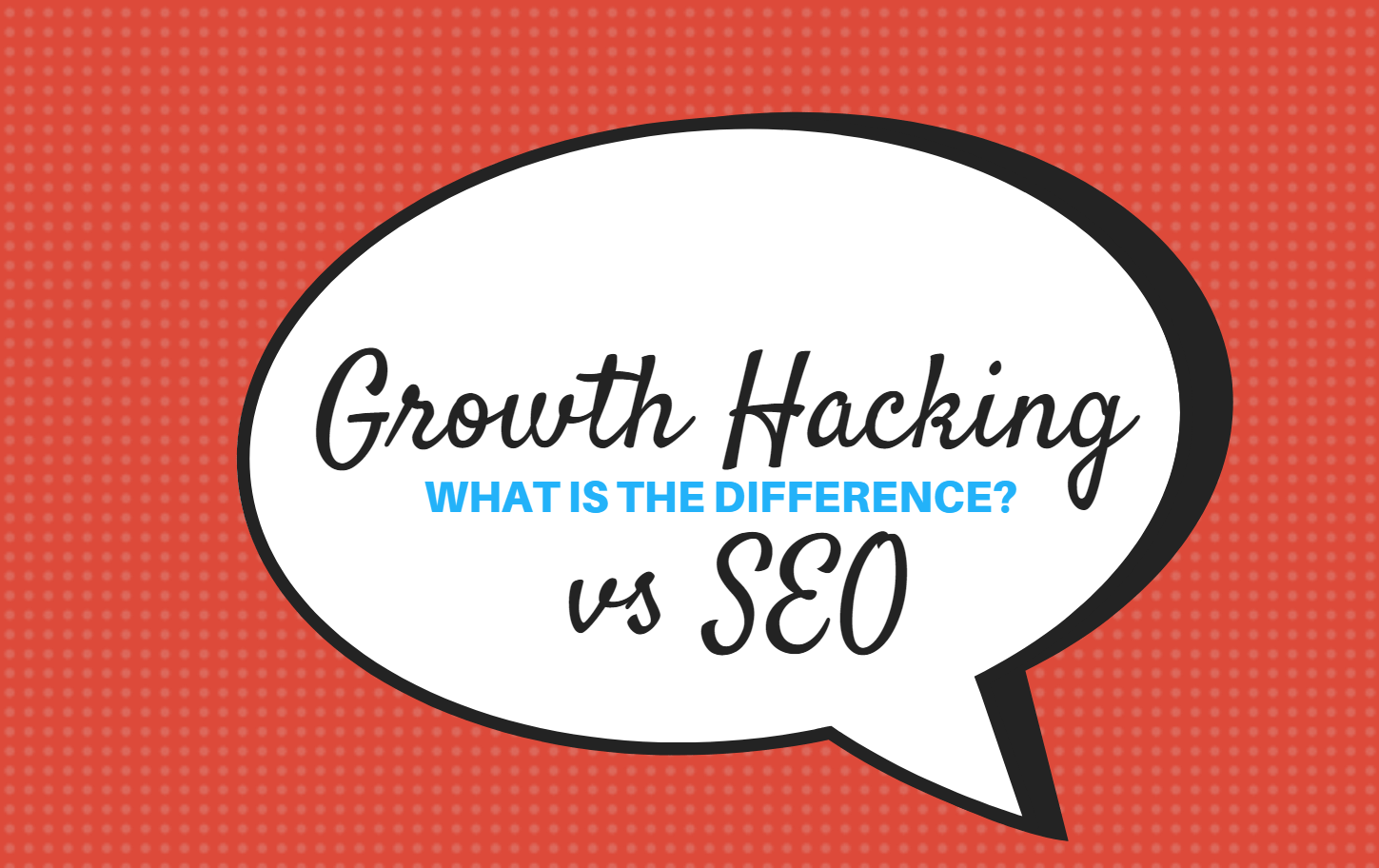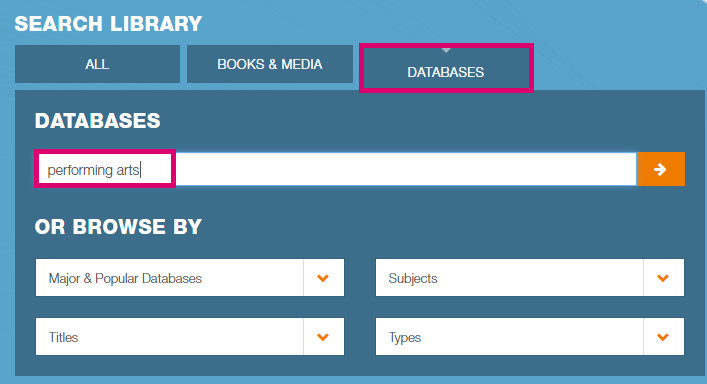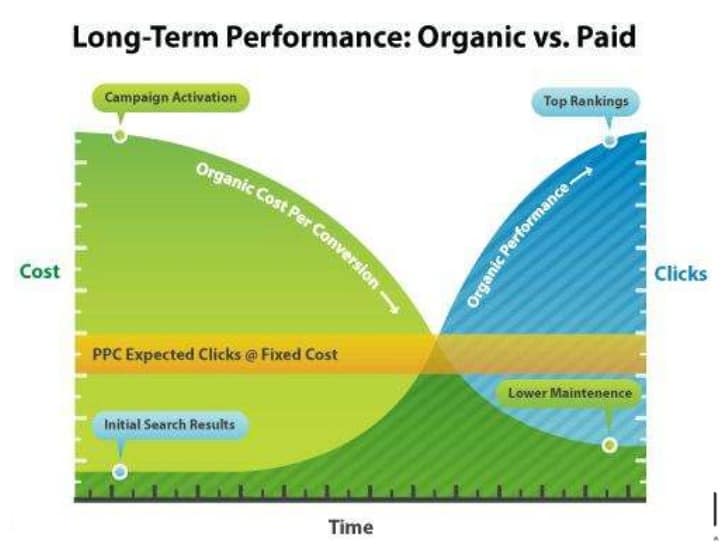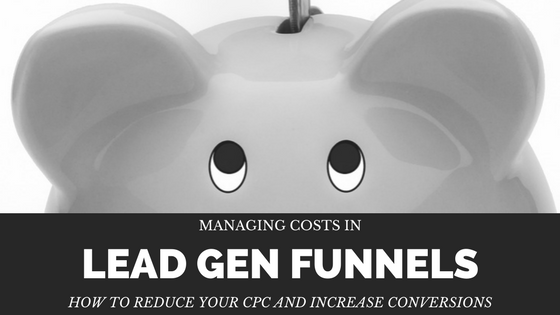Comprehensive keyword research lays the foundation of a successful search engine optimization (SEO) strategy. As the cornerstone of SEO, keyword research enables businesses to identify the most relevant terms and phrases that potential customers will likely use when searching for products or services online. This helps drive targeted traffic to a website and improves its ranking on search engine results pages (SERPs).
In this article, we’ll explore the significance of keyword research, its role in effective SEO, and how a “done for you” SEO provider like Pixeoseo can streamline this process for your business.
What is Keyword Research?
Keyword research is the process of discovering and analyzing words and phrases that people use in search engines to find information, products, or services related to your business. This research enables you to identify high-value keywords to improve your site’s visibility and attract organic traffic. The objective is to balance popular search terms with high search volume and those with lower competition, which can be more easily ranked.
Ai-Assisted Keyword Research
We understand how difficult and time-consuming keyword research can be, so we offer an ai-assisted keyword research solution. Our system undertakes comprehensive analysis based on the type of service your business offers, reviews competitors’ websites, analyzes existing content on your site, and looks for related terms that appeal to potential customers.
Using this unique approach, you can identify high-value keywords that appeal to your target audience, boost visibility on SERPs, and generate more organic leads.
Some of the features included in our ai-assisted keyword research system include:
- Automated Keyword Generation: Our AI-powered approach generates a list of potential keywords for your website based on the type of services you offer. This feature can save you time and effort by automating the brainstorming process and developing ideas for new keywords.
- Competitive Analysis: To gain a competitive edge, our system analyzes your competitors’ websites to identify the keywords they are using and ranking for. By understanding the keywords driving traffic to your competitor’s sites, you can gain valuable insights into what might work well for your website.
- Keyword Grouping: Our system organizes your keywords into groups based on their relevance to your business and potential to drive traffic. By grouping your keywords this way, you can better manage and prioritize them.
- Intent Analysis: To optimize your content and target the right keywords, our system helps you understand the intent behind the search queries that potential customers use when looking for products or services like yours. By analyzing the intent behind these searches, you can better optimize your content and target the right keywords.
- Keyword Performance Tracking: Our system tracks the performance of your chosen keywords over time, allowing you to measure the effectiveness of your SEO efforts. By monitoring your keyword performance, you can decide which keywords to focus on and adjust your strategy accordingly.
The Power of Keywords:
Keywords are the words or phrases that users type into search engines when looking for information or products. They are the essential building blocks of online content, helping search engines understand and categorize your content. Choosing the right keywords is vital for your website’s success, as they can significantly impact its visibility and search ranking.
1) Improved Search Engine Rankings:
Keyword research aims to identify the most relevant and high-traffic keywords related to your niche. Incorporating these keywords into your content helps search engines better understand your content, leading to improved rankings. Better rankings mean more visibility for your website and, ultimately, more traffic.
2) Targeted Traffic:
By targeting specific keywords, you can attract genuinely interested visitors in your content, products, or services. These visitors are more likely to engage with your website and convert into customers, subscribers, or followers. Keyword research helps you identify the search terms that your target audience uses, allowing you to tailor your content to their needs.
3) Better User Experience:
When your content is optimized with relevant keywords, it becomes more user-friendly. Visitors can easily find the information they’re looking for, which improves their overall experience on your website. A positive user experience increases the likelihood of return visits and recommendations, which can contribute to your website’s growth.
4) Cost-Effective Marketing Strategy:
Keyword research is a cost-effective marketing strategy, as it helps you optimize your content to rank higher in organic search results. This approach is more affordable than paid advertising and can lead to long-term, sustainable growth for your website.
5) Stay Ahead of Competitors:
Regular keyword research allows you to stay ahead of your competitors by identifying emerging trends and changes in user behavior. You can maintain a competitive edge in your niche by adapting your content strategy to these changes.
The Critical Role of Keyword Research in Effective SEO:

SEO is an ever-evolving field, with search engines continuously updating their algorithms to provide users with the most relevant and high-quality content. Keyword research is critical to effective SEO, as it helps you optimize your website and content to align with these algorithms.
1) On-Page SEO:
On-page SEO involves optimizing your website’s content and structure to make it more attractive to search engines. Keyword research plays a vital role in on-page SEO, as it helps you identify the most relevant keywords for your content. You can significantly improve your search engine rankings by incorporating these keywords into your website’s title tags, meta descriptions, headers, and content.
2) Content Strategy:
A well-crafted content strategy is essential for SEO success, and keyword research is crucial to this process. By understanding your niche’s most popular and relevant keywords, you can create content that caters to your target audience’s needs and preferences. This approach will help you rank higher in search results and attract more organic traffic.
3) Link Building:
Link building is the process of acquiring high-quality backlinks from authoritative websites. These backlinks signal to search engines that your content is valuable and worth ranking higher. Keyword research can help you identify popular search terms and create content that other websites would want to link to, improving your chances of acquiring backlinks.
How Pixeoseo Can Help with Keyword Research and SEO
A “done for you” SEO provider at Pixeoseo can significantly streamline keyword research, ensuring your business reaps the full benefits of a well-executed SEO strategy. Pixeoseo offers the following services to help you achieve success:
- Comprehensive Keyword Research: Pixeoseo conducts thorough keyword research to identify your business’s most relevant and high-performing keywords. Their team of experts analyzes search volume, competition, and user intent to create a list of targeted keywords that can drive organic traffic and conversions.
- Competitor Analysis: By evaluating your competitors’ keyword strategies, Pixeoseo can identify opportunities and gaps that you can exploit to gain a competitive edge. This ensures your SEO strategy remains dynamic and effective in an ever-changing digital landscape.
- On-page SEO Optimization: Pixeoseo’s team of SEO specialists optimizes your website’s on-page elements, including title tags, meta descriptions, headers, and content, using the most effective keywords. This helps search engines understand the context of your site and improves its ranking on SERPs.
- Off-page SEO Management: Pixeoseo can help you develop a robust SEO strategy by incorporating targeted keywords in your backlink profile. They work to secure high-quality, relevant backlinks that signal your site’s authority to search engines, leading to improved rankings.
- Content Marketing Support: With a deep understanding of the keywords that resonate with your target audience, Pixeoseo can help you create engaging and informative content that attracts organic traffic. Their content marketing support ensures that your content is optimized for search engines and provides value to your users.
- Technical SEO Services: Pixeoseo’s technical SEO services ensure that your site is easy for search engines to crawl and index. Optimizing your site’s URL structure, internal linking, and other technical aspects enhance your site’s visibility on SERPs.
Conclusion
Keyword research is a vital aspect of any successful SEO strategy. By understanding the terms and phrases your target audience uses to find information, products, or services related to your business, you can optimize your website and create a more compelling online presence.
A “done for you” SEO provider at Pixeoseo can help streamline this process, ensuring your business benefits from a well-executed AI-assisted keyword research and SEO strategy. With their comprehensive range of services, Pixeoseo can guide your business toward improved visibility, increased organic traffic, and a higher return on investment.




